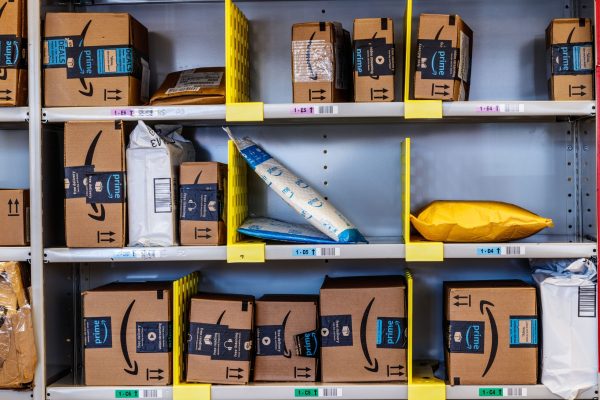The Ukraine crisis persists in sending shockwaves across the world, throwing already fragile supply chains still reeling from the pandemic into further uncertainty. Fresh trade route disturbances, rising freight costs and unavailability of vital raw materials confront the world, especially in the areas of gas and oil, industrial metals and agri-commodities.
The shortages bring to light the intricate interconnectivity of the world, and though the long-term implications of the crisis remain unclear, the current atmosphere allows an examination of how supply chains respond to and bounce back from catastrophes.
Growing complexity
In the past 30 years, global supply chains have become increasingly complex as countries rely on cheaply imported goods from far away, resulting in a constant exchange of products. Disasters such as the US financial crash of 2008, the tsunami that struck Japan in 2011, and the recent pandemic, proved how disrupting supply chains significantly impacts imports and exports, resulting in delays and rising costs.
Some countries such as the US are investing in local factories to produce vital products to safeguard against future supply chain turbulence. But becoming a completely self-sufficient country, without the need for any importation of goods, remains a long-term objective. For now, and the foreseeable future, economies will rely on others for food, medicines, consumer goods, natural resources and raw materials.
Increasing resilience
Whether from climate-induced disasters or regional conflicts, supply chain turmoil is inevitable, and therefore managing your organisation’s risk and boosting resilience in anticipation of the next crisis is crucial.
Resilience refers to your business’ ability to continue to fulfil demand despite disruption. It’s vital that your business be able to adapt and quickly recover from a catastrophic event, absorbing potential losses in the short term to ensure long-term success.
The definition of a healthy and robust supply chain is one that continues to meet client demand longer than the time its supply chain needs to recover from the impact of the event.
One method to check your organisation’s resilience is to stress test your existing supply chain to identify operational weaknesses. The test quantifiably measures your supply chain’s ability to respond to cataclysmic occurrences and determines if and how you can keep meeting customer demand when unforeseen disruptions strike.
To conduct the test, plug into your forecasting models sudden increases and decreases in demand, simulate supplier plant or warehouse shutdowns, and so on. The results will show financial and operational impacts of each scenario.
Act proactively not reactively
Building in redundancy to assist systems respond to unanticipated events offers another layer of protection. In addition, implementing layered systems to handle different functionalities prevents unanticipated events from collapsing the whole chain.
The most effective way to protect your organisation from the next inevitable disruption is to prepare. This includes identifying the main pain points along the chain to anticipate major vulnerabilities; from there, implement processes to find backup suppliers, warehousing and routes.
Ensure supply chain resilience with Sprint Logistics
As the ongoing Ukraine crisis shows, the only certainty is that more uncertainty lies around the corner. Ready your organisation by establishing safeguards to boost your resilience when the next disruption strikes.
Engaging a logistics company like Sprint Logistics could protect your organisation against future turbulence. Sprint Logistics provides custom logistics services to our worldwide clients, ensuring your supply chain stays dynamic, strong and resilient. Find out more about our logistics services and learn how they could benefit your business.




